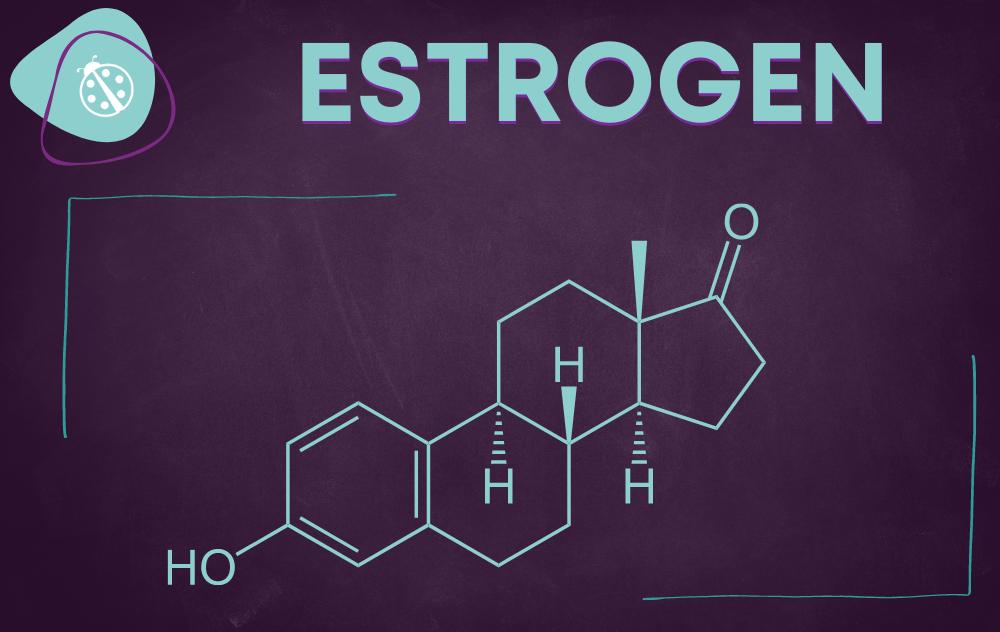
Estrogen is an important hormone with specific functions for the body, including reproduction. It helps a female develop breasts, enhances bone health, and plays an important role in the cardiovascular system, among other processes.
Estrogen should be maintained at a specific level, but if it runs too high or too low, it can cause complications. This hormone can impact the growth of uterine fibroids, benign tumors that develop within the uterus that may negatively affect fertility and cause painful symptoms. Fortunately, uterine fibroid embolization(UFE), can shrink uterine fibroids and may help alleviate uncomfortable symptoms.
TAKE OUR FREE FIBROID SYMPTOM CHECKER
Complications of High Estrogen Levels
Your body needs balance to function properly. A sudden influx of certain hormones, such as estrogen, can impact many parts of your body, leading to serious health conditions.
High estrogen levels can also increase the risk for certain types of cancer, such as:
- Breast cancer
- Ovarian Cancer
- Endometrial cancer – the risk is reduced with the addition of progesterone for hormone replacement therapy
Along with an increased risk for cancer, high levels of estrogen may lead to stroke and blood clots. Excess estrogen may lead to thyroid dysfunction. The thyroid is a butterfly-shaped gland that produces energy to cells from food. Fatigue and weight changes are signs of thyroid dysfunction.
Estrogen and progesterone are the sexual reproductive hormones that work in tandem. Progesterone keeps the body from rejecting an egg for fertilization. It also prepares the uterus for the egg by thickening the lining. When estrogen levels are high compared to progesterone levels, the condition is considered estrogen dominance, which can allow fibroids to grow.
Fibroid growth often begins after a woman starts her menstrual cycle and during her 20s and 30s. Fibroid growth usually slows or stops after menopause when a woman’s body produces less estrogen. Fibroids have higher levels of estrogen than what is found in the nearby tissue.
SCHEDULE AN APPOINTMENT ONLINE
What Causes High Estrogen Levels?
The body is designed to regulate the production of estrogen and progesterone, which changes during the menstrual cycle. Estrogen levels rise during the first half of the cycle, until ovulation. If the egg isn’t fertilized, estrogen levels begin to decrease until the following cycle.
Problems with estrogen can occur naturally, and levels can vary as a woman ages. Estrogen replacement therapy (ERT) can lead to high estrogen levels. ERT is often used to treat menopause systems. Birth control pills are used in a similar way.
Progesterone levels can drop, which prevents the two hormones (estrogen and progesterone) from balancing each other as they normally would. When progesterone is too low, it creates the same conditions as when estrogen levels have risen too high.
What Can You Do to Reduce Estrogen Levels and Avoid Complications?
Doctors may prescribe medications to help with high levels of estrogen. They lower the production of estrogen or even stop its production completely. As part of a treatment plan, a doctor may also recommend exercise and a healthy diet. If you have an increased body mass index (BMI), losing weight could also help lower hormone levels because having excess fat cells can produce too much estrogen for the body.
MORE QUESTIONS? TALK TO A FIBROID SPECIALIST TODAY
Fibroid Treatment for Women with High Estrogen
Uterine fibroid embolization can shrink fibroids by cutting off the blood supply to the fibroid tumors, which will starve the tumor and stop growth. UFE may also reduce symptoms of fibroids and improve your quality of life.
UFE offers many benefits, including:
- Recovery time of one to two weeks
- Less pain or none at all
- Lighter periods
- More enjoyment from sex
Request a Consultation with USA Fibroid Centers
USA Fibroid Centers is dedicated to helping women overcome the challenges that accompany uterine fibroids, including those impacted by high estrogen levels. UFE is a minimally invasive, outpatient treatment option that can help reduce fibroid symptoms and improve your quality of life. Schedule a consultation online or give us a call at 855.615.2555 to discuss your options.



